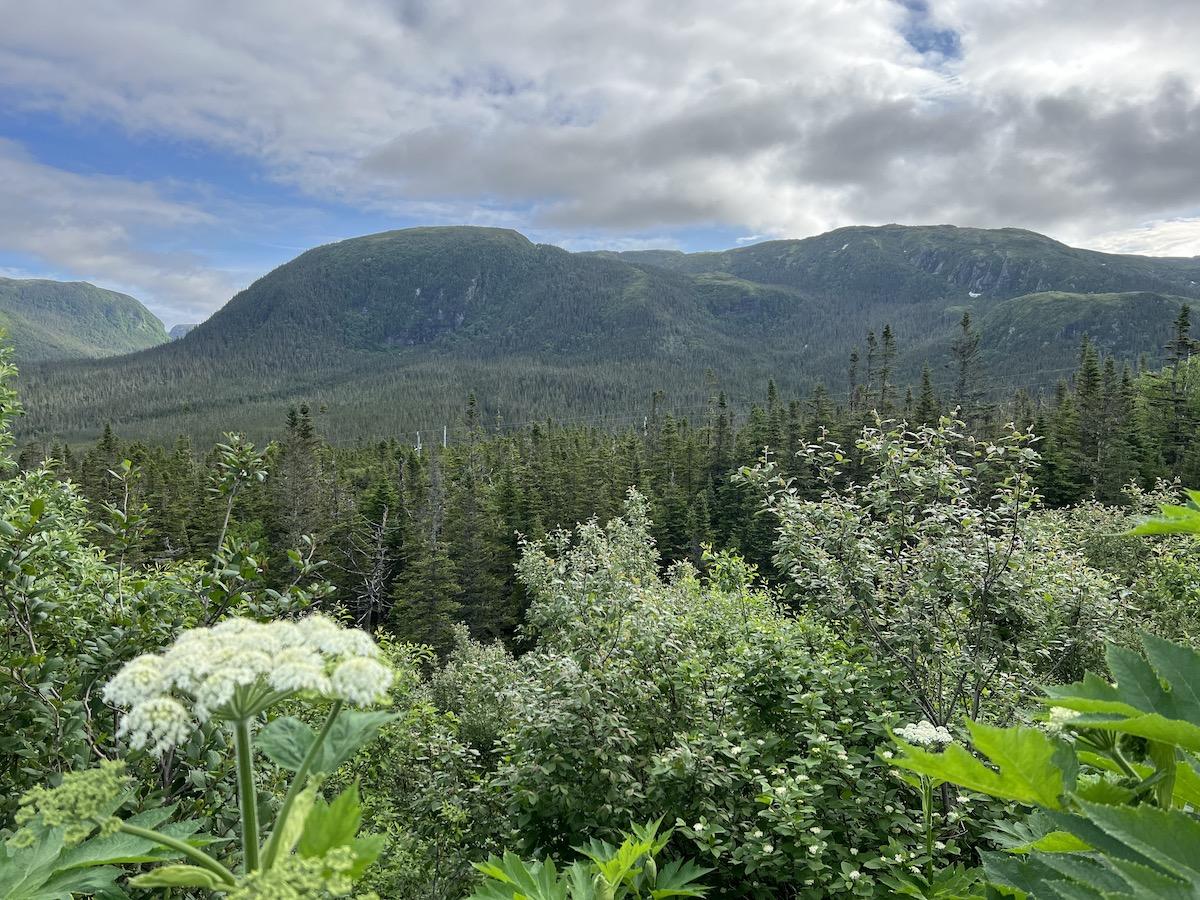
A view of the forests of Gros Morne National Park in western Newfoundland/Jennifer Bain
Parks Canada has identified 13 actions it promises to take to help strengthen relationships with Indigenous peoples, green operations, enhance connectivity between protected areas, support the development of diverse, sustainable tourism opportunities across the country, and ensure that everyone can meaningfully experience the natural and cultural heritage places it protects.
The actions are included in the report and response to the 2023 Minister's Round Table on Parks Canada presented by Steven Guilbeault, Minister of Environment and Climate Change and Minister responsible for Parks Canada.
The round table is a national engagement held every two years to seek advice from Canadians on the work of Parks Canada. This one took place in January and February and collected input from more than 5,000 participants, including 125 organizations.
Each round table identifies a series of themes to explore. In 2023, these included:
• Strengthening Accessibility: Ensuring that everyone has the opportunity to meaningfully experience national historic sites, national parks and national marine conservation areas.
• Indigenous Stewardship of Protected Heritage Places: Advancing Indigenous leadership in heritage conservation.
• Ecological Corridors: Weaving Indigenous knowledge into connecting protected and conserved places through the National Program for Ecological Corridors.
• Parks Canada and Tourism: Parks Canada’s role in Canada’s dynamic tourism sector.
• Greening Parks Canada: Achieving net-zero emissions in Parks Canada operations.
Several overarching messages emerged from the perspectives shared by the public. These include:
• Weaving Indigenous knowledge and decision-making systems throughout Parks Canada.
• Broadening and deepening efforts to enhance accessibility and inclusion.
• Investing in relationships and collaboration.
• Leveraging pilot projects, data, and best practices.
• Addressing climate change and resilience at a global scale.
• Recognizing the interconnected nature of themes.
The concept of two-eyed seeing helps guide Parks Canada’s efforts to support Indigenous stewardship. "This principle encourages us to look at Indigenous ways of knowing with one eye and western knowledge with the other, which in turn helps us to see and act in new ways that benefit everyone," the agency said.
The concept of ethical space is also key. "In their landmark 2018 report, the Indigenous Circle of Experts called for the creation of venues for “collaboration and advice, sharing and cross-validation (where one side validates the other’s decisions).” In ethical space, knowledge systems can interact with mutual respect, kindness and generosity," the agency said.
Parks Canada protects a vast network of natural and cultural heritage places that include 47 national parks, 171 national historic sites, five national marine conservation areas and one national urban park.

 Support Essential Coverage of Essential Places
Support Essential Coverage of Essential Places



